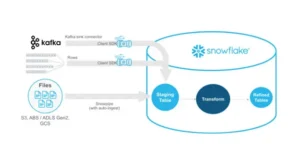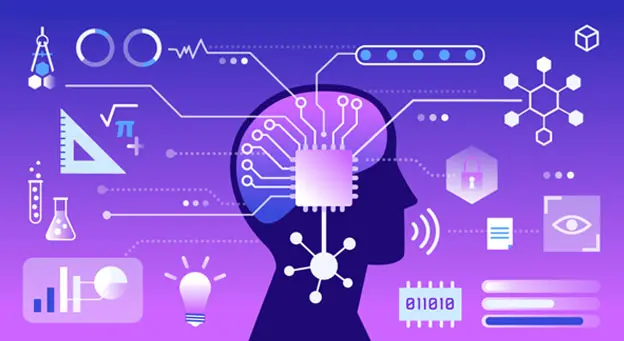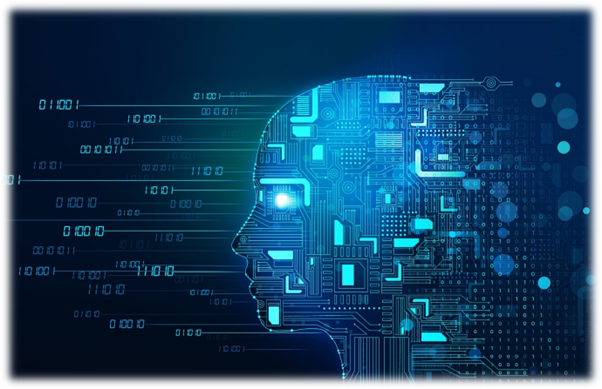
Quantum AI: Revolutionizing the Future of Artificial Intelligence with Quantum Computing
The Future of AI is Here: Quantum Computing Meets Artificial Intelligence!
Understanding Quantum Computing
AI and its current Limitation
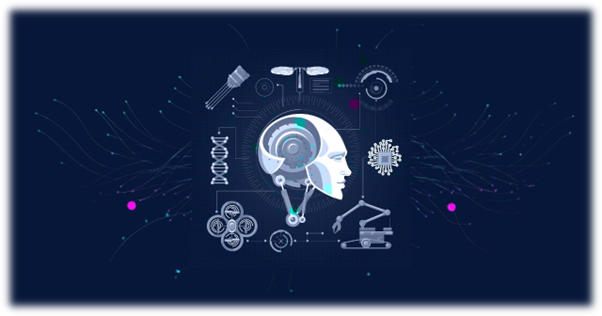

The intersection of Quantum Computing and AI
Revolutionizing Data Processing
Solving complex optimization problems
Enhancing Predictive Analysis
Challenges and the Path Forward
Furthermore, the majority of current applications of quantum software and algorithms are restricted to small-scale proof-of-concept experiments, indicating that these technologies are still in their infancy. Interdisciplinary competence integrating the understanding of computer science, machine learning, and quantum physics is also necessary for the study of quantum AI. Organizations exploring this field often choose to hire quantum computing experts to help bridge these knowledge gaps and accelerate development.
Conclusion
Standing at the forefront of technological innovation, Quantum AI has the potential to revolutionize predictive analytics, optimization, and data processing. AI systems may reach unprecedented levels of efficiency, speed, and accuracy by using the potential of quantum computing, breaking new ground in a variety of industries, including finance and healthcare. Although there are still many big technological obstacles to overcome, quantum AI has enormous promise. We may be approaching a new era in which AI and quantum computing transform problem-solving and decision-making, provided research and development continue. Businesses that hire quantum computing experts early will be better positioned to capitalize on these advancements and drive innovation.


How LLMs Are Revolutionizing Text Mining and Data Extraction from Unstructured Data
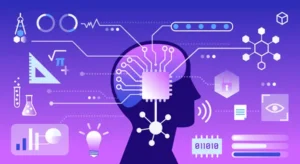
How Businesses Use LLMs for Competitive Intelligence to Stay Ahead of the Curve

Maximizing Cost-Efficient Performance: Best Practices for Scaling Data Warehouses in Snowflake

Implementing Snowflake Data Governance for Scalable Data Security
